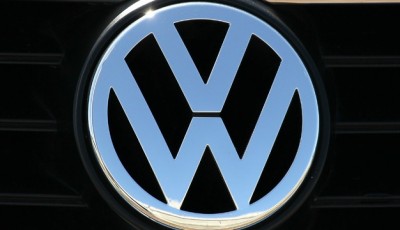Fool me once: EPA enhancing emissions testing post VW cheating scandal
The agency will begin road-testing vehicles instead of relying exclusively on laboratory assessments. Unlike past emissions test, the details of how the agency, along with Canada’s environmental agency, will test vehicles for emissions cheating would not be provided to auto makers, he said.
“We aren’t going to tell them what these tests are”, said Christopher Grundler, director of the EPA Office of Transportation and Air Quality, in a conference call with reporters.
Yesterday also we reported Europe is doing the same, with “real driving emissions” (RDE) testing to be phased in this decade, and it has been Europe where existing regulations were seen as easier to look good on. Reuters points out a tweet posted yesterday by Italian Transport Minister Graziano Delrio stating that there will be 1,000 sample checks for all automakers selling vehicles in Italy.
VW’s sophisticated software allowed its cars to pass tests in the lab and then spew pollution into the atmosphere while on the highway.
Volkswagen’s chief, Martin Winterkorn, resigned in light of the revelations on Wednesday.
“When there is this kind of deception, we’ve got to get these agencies to be able to cut through it and catch it”, he said.
EPA did not initially uncover the problem; researchers at West Virginia University did, using on-road testing that EPA did not.
Having unsuccessfully attempted to satisfy the EPA with a software update, VW now faces repairs to bring affected cars back into compliance, which could run thousands of dollars per vehicle, or as much as $18 billion, and even potentially reduce interior space.
The EPA said this could slow down the certification process of cars for sale in the US, and is putting others on notice. Volkswagen admitted its wrongdoing on Sunday.
Officials with the different agencies hope their tests can find any emissions problems that were not revealed in the testing that all new cars undergo, which is very standardized and does not usually involve on-road driving. Until emissions tests are improved, or a consistent complementary “real world” testing regime is put into place, regulators will lack the leverage to pressure automakers into admitting who is cheating and who is merely gaming the rules. EPA and California regulators confronted VW with those findings to VW in May 2014.
The EPA said the cars are safe to drive but VW will have to pay to recall and fix them. The fear, nearly certainly, is that this scandal could end up affecting VW’s European market dominance, which is also highly dependent on diesel sales.
The scandal, in which selling cars seemed to take precedence over clean air, has made Volkswagen an inviting target for environmental groups. The cars were adorned with posters and large cutouts of Pinocchio bearing the message “No More Lies”. “This holds true for both diesel and petrol engines”.











